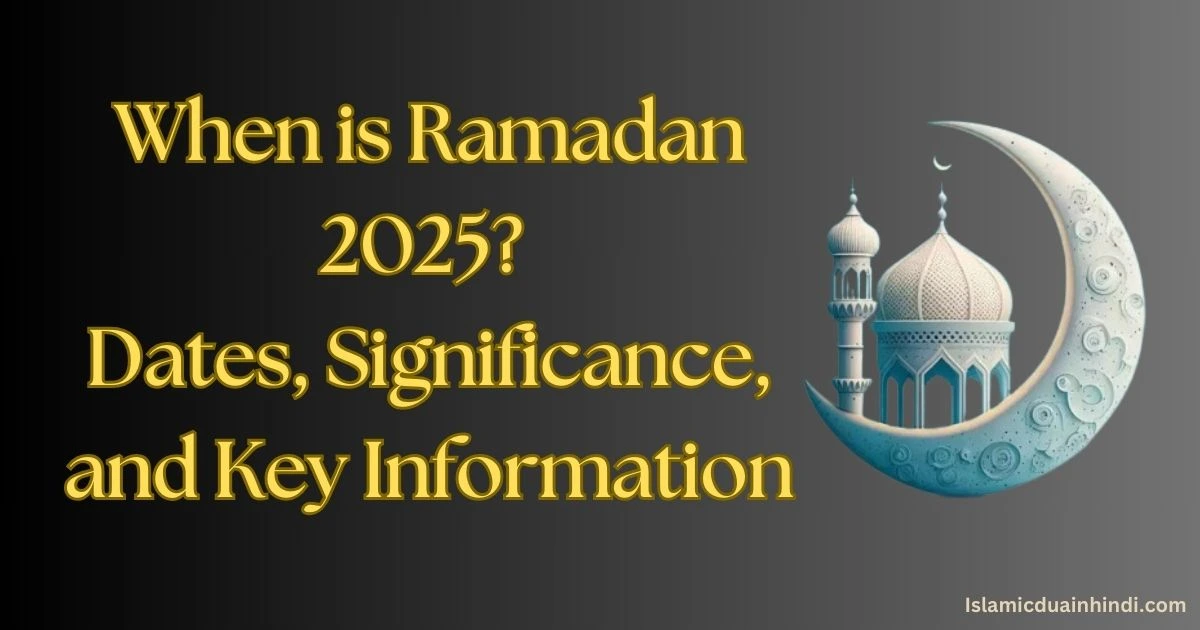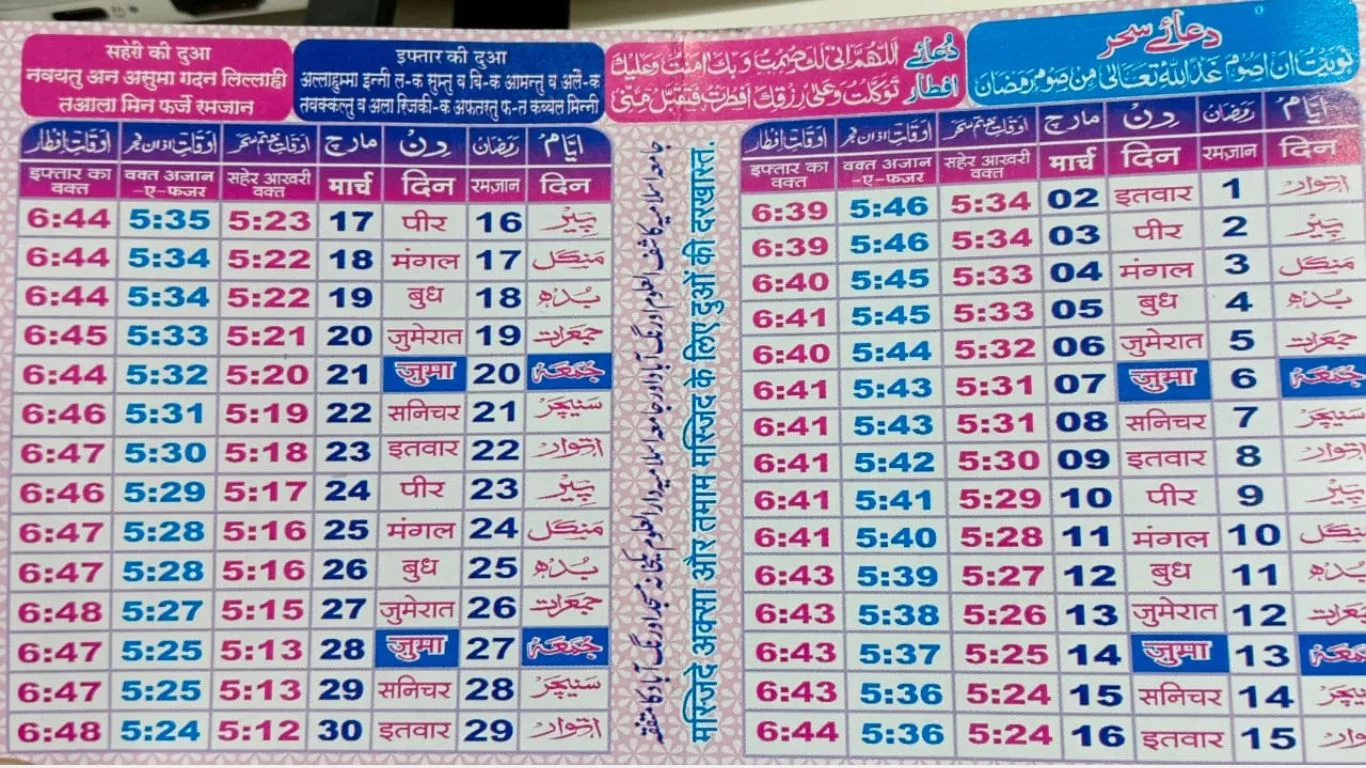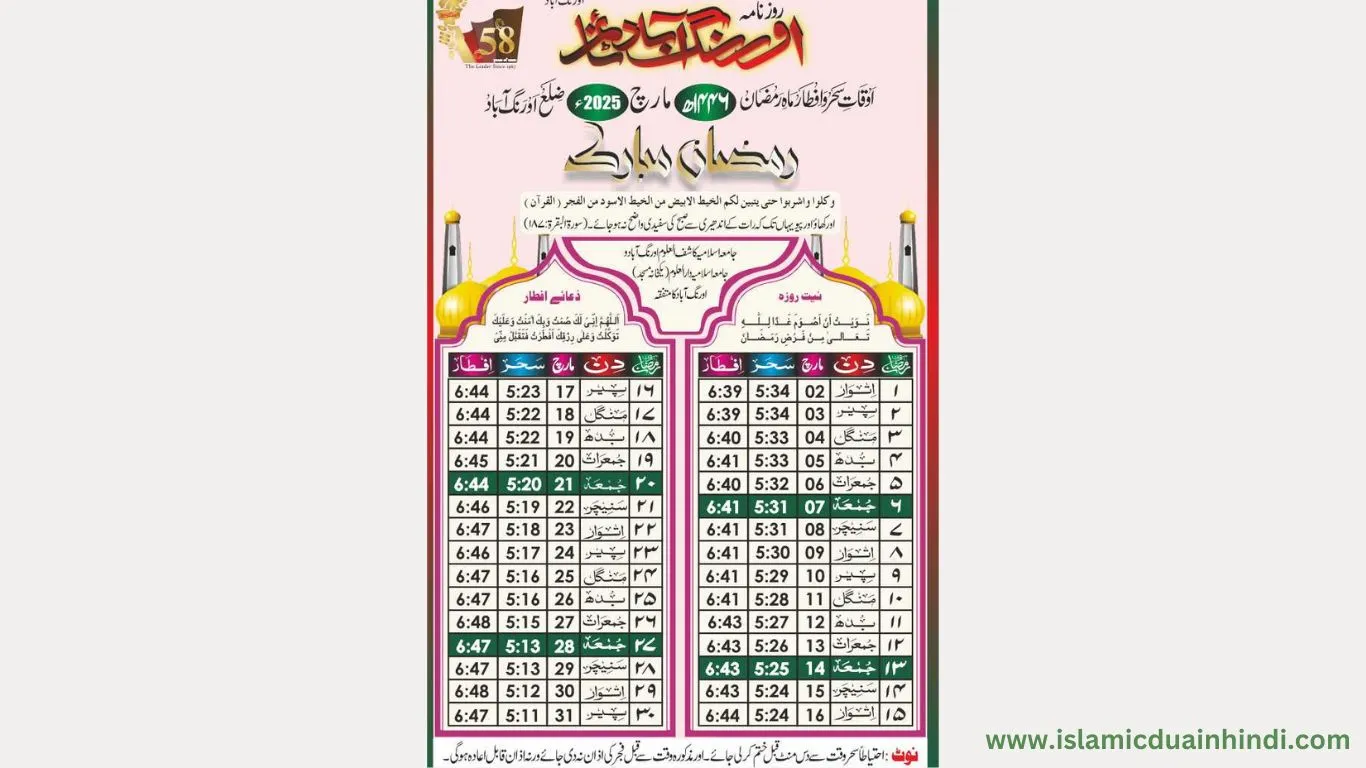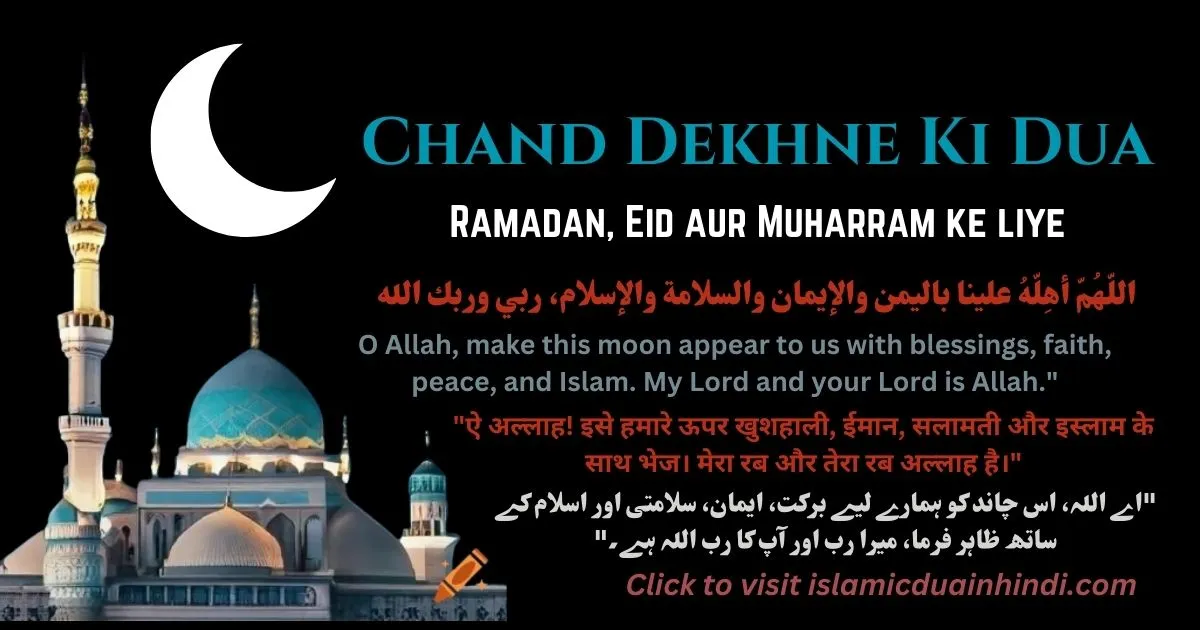🌙 Ramadan 2025: A Time for Reflection and Blessings 🌙
“Ramadan is not just a month—it’s a sacred time that marks one of the most important pillars of Islam. It’s a period for self-reflection, growth, prayer, fasting, and acts of kindness. For Muslims across the globe, Ramadan is a spiritual journey, providing an opportunity to strengthen their faith, seek forgiveness, and come closer to Allah. In 2025, this holy month is expected to begin either on February 28, 2025, or March 1, 2025. The exact start date depends on the sighting of the moon, which may vary depending on your location.
As this sacred month approaches, Muslims around the world prepare for a time of fasting, reflection, and spiritual growth. The dates may vary depending on the moon’s visibility in different regions.”
During Ramadan, Muslims fast from dawn to dusk, refrain from sinful behavior, and focus on their relationship with Allah. It’s also a time for families and communities to come together, with many observing traditions that have been passed down for generations. Whether you are celebrating Ramadan for the first time or have done so for many years, there is always a new way to deepen your understanding of this holy month.

📅 When is Ramadan 2025?
Ramadan is expected to begin on 2nd March 2025 and will end on 30th March 2025 in India, meaning Eid al-Fitr will be expected to occur on 1st April 2025. The Islamic, or Hijri, calendar follows the lunar cycle, meaning that months begin with the sighting of the new moon. As a result, the exact dates of Ramadan can vary by one or two days each year, depending on where you are located and the moon’s visibility. In 2025, Ramadan is expected to begin on 2nd March 2025 in India, but since Ramadan is based on the moon sighting, the start date may differ by a day depending on your region.
Fasting during Ramadan is a deeply meaningful act of devotion for Muslims, and the anticipation of its arrival is significant each year. Ramadan lasts either 29 or 30 days, again depending on the moon’s sighting, and ends with the joyous celebration of Eid al-Fitr, a time of gratitude and community.
Ramadan 2025 time table for Sehri & Iftar :

Ramadan 2025 Dates
Ramadan 2025 expected dates for India are:
Start Date: Sunday, March 2, 2025 (evening)
End Date: Sunday, March 29, 2025 / Monday, March 30, 2025
These dates are an approximation, and Muslims will rely on moon sightings to confirm the start and end of Ramadan. The final day of Ramadan will be followed by Eid al-Fitr, the joyous celebration marking the end of the fasting month.
According to Aurangabadtimes Urdu news paper Ramadan 2025 time table is below for Sehri and Iftar time.

Read also:
Chand Dekhne Ki Dua: Ramadan, Eid aur Muharram Ki Best Dua
✨ Ramadan Mubarak! ✨
The phrase “Ramadan Mubarak” is a traditional Arabic greeting used to wish others a blessed Ramadan. This greeting conveys heartfelt wishes of happiness, peace, and blessings during the holy month. It is commonly used by Muslims around the world to connect with friends, family, and community members during this special time.
The word Mubarak translates to “blessed” or “happy” in English, so when you say “Ramadan Mubarak”, you are wishing someone a blessed or happy Ramadan. It’s a warm and thoughtful way to show your love and respect for the sacredness of this time.
💫 The Importance of Ramadan: A Time for Reflection and Transformation
Ramadan is more than just a time for fasting. It’s a period that offers an opportunity for Muslims to purify their hearts and minds, engage in acts of worship, and strengthen their relationship with Allah. Here are some of the most important aspects of Ramadan:
1. Fasting (Sawm)
One of the Five Pillars of Islam, fasting during Ramadan (known as Sawm) is a physical and spiritual practice. From dawn to sunset, Muslims refrain from eating, drinking, smoking, and engaging in sexual relations. Fasting is intended to teach self-discipline, patience, and empathy for the less fortunate.
Fasting is not merely an act of refraining from food and drink—it’s a way of purifying the soul and becoming more spiritually connected with Allah. By abstaining from worldly pleasures, Muslims are encouraged to turn their focus inward, reflect on their actions, and seek to become better versions of themselves.
2. Increased Worship and Prayer (Salat)
During Ramadan, Muslims engage in increased prayer and worship. The obligatory five daily prayers (Salat) are performed with even greater devotion, and many Muslims also observe Taraweeh, additional prayers held at night during Ramadan. These prayers are an opportunity to connect with Allah, seek forgiveness for past mistakes, and express gratitude for the blessings received.
One of the most significant nights during Ramadan is Laylat al-Qadr (the Night of Decree), which falls during the last ten days of Ramadan. It is believed that on this night, the Quran was revealed to the Prophet Muhammad (PBUH), and the prayers made on this night are said to be especially powerful.
3. Charity (Zakat and Sadaqah)
Charity is another key aspect of Ramadan. Muslims are encouraged to give generously during this time, both through obligatory charity (Zakat) and voluntary donations (Sadaqah). This practice helps to ensure that those in need can also enjoy the blessings of Ramadan.
One of the most powerful aspects of Ramadan is the sense of community. Families, neighbors, and strangers come together to share meals, pray, and offer support. Whether it’s offering food to the poor or volunteering at local mosques and organizations, the acts of charity during Ramadan serve as a reminder of our shared responsibility to care for one another.
4. The Quran and Reflection
Ramadan is the month in which the Quran was revealed, making it a deeply significant time for Muslims to engage with the holy text. Many Muslims aim to read or listen to the entire Quran during the month of Ramadan, reflecting on its teachings and incorporating them into their daily lives. The Quran offers guidance for all aspects of life, and Ramadan is a time to strengthen one’s connection to this divine scripture.
The act of reading and reflecting on the Quran allows Muslims to renew their understanding of faith, cultivate mindfulness, and seek greater wisdom. It’s an opportunity for spiritual growth, where the Quran’s lessons can be put into practice, helping individuals live a more righteous life.
5. Personal Transformation
Ramadan is also a time for personal transformation. Fasting is an opportunity to reflect on one’s habits, behaviors, and attitudes. It’s a time to eliminate negative influences and replace them with positive actions. Many people use this month to overcome bad habits such as anger, gossip, and excessive materialism, replacing them with kindness, generosity, and a stronger devotion to Allah.
The fasts remind Muslims to be patient, humble, and mindful in all their actions. The experience of hunger and thirst brings empathy for the less fortunate, encouraging individuals to act with greater compassion and generosity.
🤲 Ramadan Dua (Prayer)
A special feature of Ramadan is the increased focus on Dua (supplication). Muslims often make heartfelt prayers during this time, asking Allah for forgiveness, guidance, and blessings. Here is a beautiful Ramadan dua you can share with others or recite in your own prayers:
“اللهم بلغنا رمضان، واغفر لنا ما مضى، وتقبل منا صيامنا وقيامنا”
“O Allah, allow us to reach Ramadan, forgive us for what has passed, and accept our fasting and prayers.”
This prayer reflects the desire for Allah’s mercy and the hope that one will be able to complete the fast and prayer with sincerity and devotion. It is an invitation to start the month with hope and humility, asking for Allah’s assistance in fulfilling the spiritual goals of Ramadan.
Happy Ramadan 2025 to you & your family
💬 How to Wish Someone a Happy Ramadan
When you are reaching out to friends, family, or colleagues during Ramadan, you may want to offer well-wishes that are thoughtful and appropriate for the occasion. Here are a few common ways to wish someone a happy Ramadan:
1. Ramadan Mubarak
- The most common greeting used during Ramadan is “Ramadan Mubarak”. This simple and heartfelt phrase means “Blessed Ramadan” and conveys wishes for happiness, peace, and divine blessings throughout the month. It’s a warm and respectful way to acknowledge someone during this sacred time.
2. Ramadan Kareem
- Another widely used greeting is “Ramadan Kareem”. This phrase translates to “Generous Ramadan,” expressing the hope that the month will be filled with divine generosity, mercy, and spiritual gifts. It is often said when you want to wish someone abundance in both spiritual and material aspects during the holy month.
3. May Allah Bless You
- A more personal way of wishing someone well during Ramadan is by saying:
“May Allah bless you with happiness and peace during Ramadan!”
This greeting emphasizes the desire for the person to experience all the blessings that come with this holy month.
4. Eid Mubarak
- While “Ramadan Mubarak” is the traditional greeting during the month of Ramadan, “Eid Mubarak” is used to wish someone well on Eid al-Fitr, the holiday marking the end of Ramadan. It’s a joyous greeting, and it’s common to say it after a successful and spiritually enriching Ramadan.
5. May Your Fast Be Accepted
- You can also wish someone a spiritually successful Ramadan by saying:
“May your fast be accepted and your prayers answered.”
This greeting recognizes the significance of fasting and prayer during Ramadan, acknowledging the individual’s efforts in their worship.
Wish Happy Ramadan 2025 to your family,all your friends, and neighbours.
Conclusion: Embracing the Spirit of Ramadan 2025
Ramadan is a month that invites us all to reflect on our spiritual lives, deepen our relationship with Allah, and engage in acts of charity, kindness, and self-discipline. Whether you are fasting, praying, giving, or simply offering words of encouragement to others, every action during Ramadan contributes to creating a more peaceful, compassionate, and generous world.
As we prepare for Ramadan 2025, let us embrace this opportunity for spiritual growth, reflection, and transformation. May we emerge from this blessed month with renewed faith, stronger bonds with our communities, and a greater sense of gratitude for the blessings we have. 🌙✨
Happy Ramadan 2025 to you and your family.


